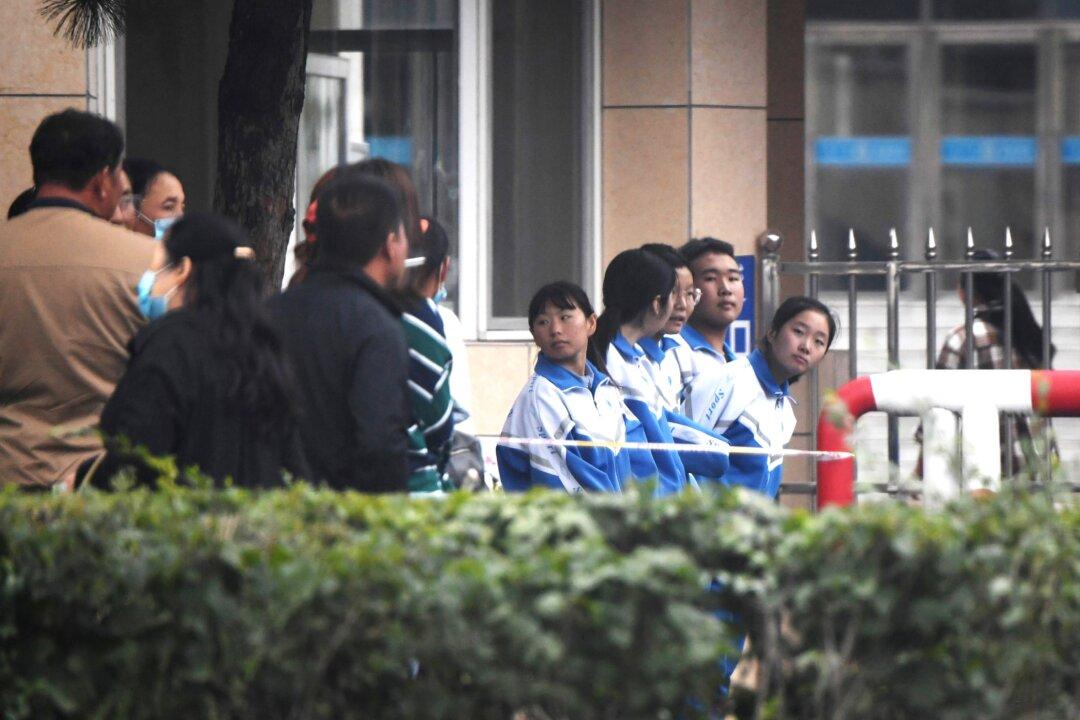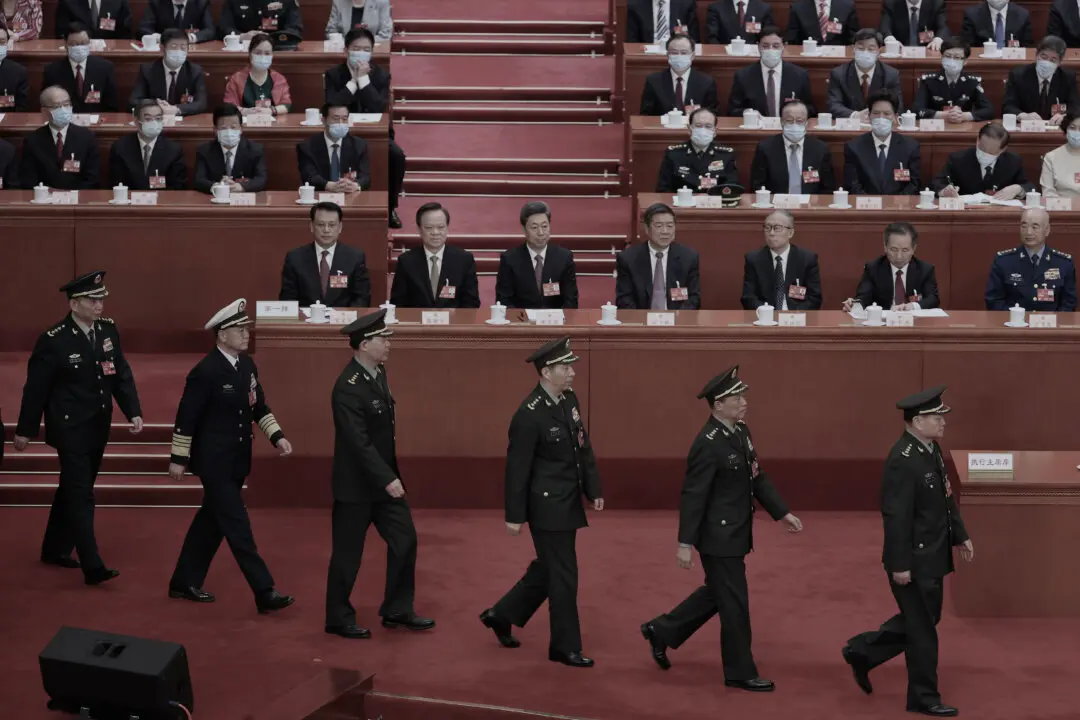After Inner Mongolian authorities implemented plans to phase out Mongolian teaching in classrooms and replace it with Mandarin Chinese, waves of protests broke out across the region.
Many parents stopped sending their children to schools, including government officials and employees who are ethnic Mongolian. Leaked documents obtained by The Epoch Times reveal that local authorities are monitoring government employees and issuing punitive measures for those who do not support the new language policy.




